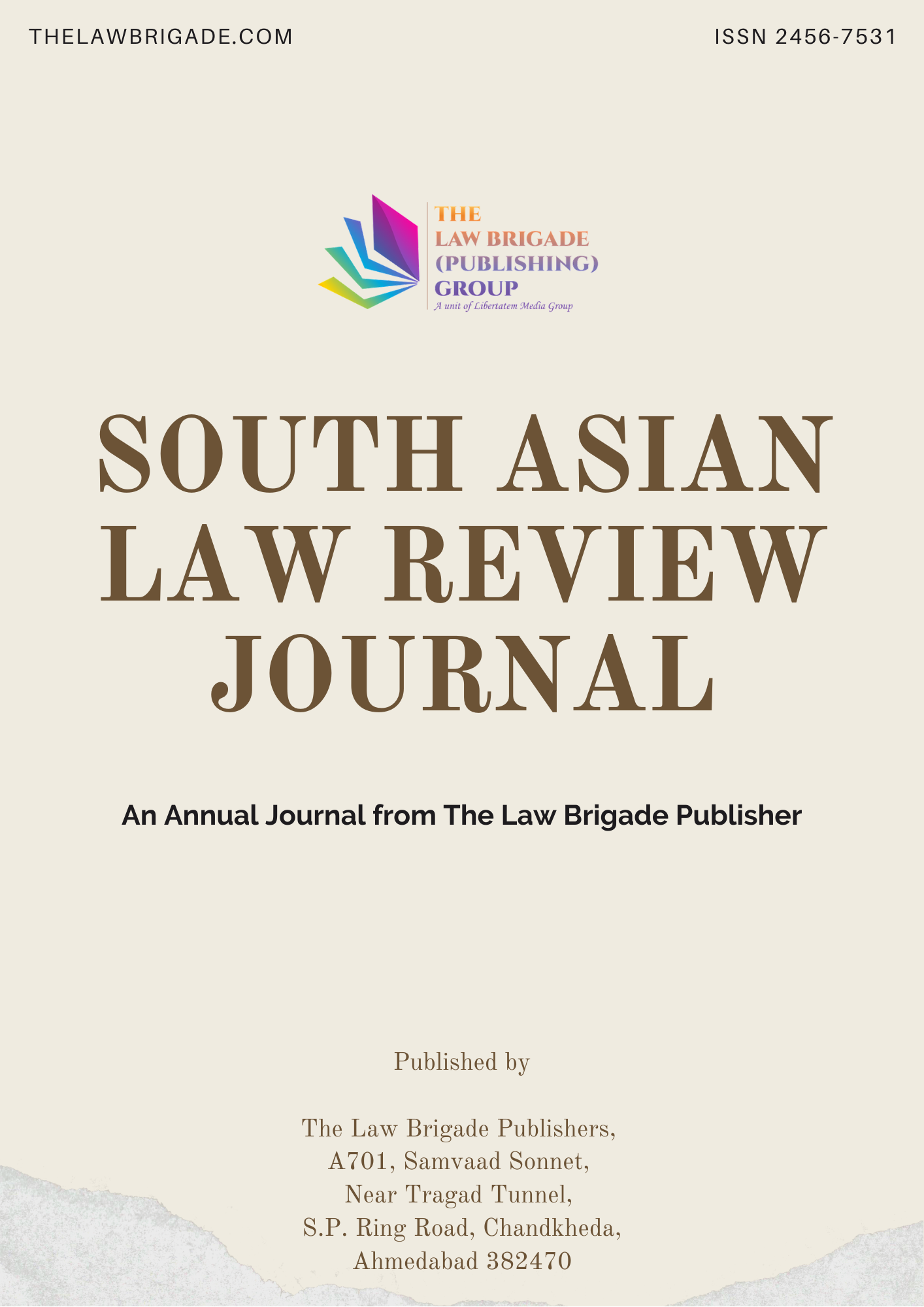“Raptus” a general term for rape, was once used to describe a serious burglary involving both goods and people. It was associated with snatching and a women’s kidnapping or sexual assault, and it was just a robbery of a lady with the consent of her gatekeeper or those who had proper responsibility for her. Women being entirely possessed backups; the wrongdoing was punished as a wrong against her parent or spouse. Chief Justice Sir Matthew Hale put forth the reasons against the criminalisation of “marital rape” in his book “The History of the Pleas of the Crown” published in 1736. He argued that “The husband can’t be blameworthy of a rape committed against his legal wife without anybody else,” he declared, “since the wife hath presented herself in this manner unto her husband by their joint marital consent and acquire, which she can’t withdraw.”[i] This suggested ‘Consent Theory’ was later incorporated into the legal framework of all British colonies that had accepted the precedent-based legal framework.
Marital Rape as a concept in India is being discussed for over a decade but is indigestible by most. It means Rape in a Matrimonial Relationship i.e., a husband raping his wife. Several developed nations have recognized it as a punishable crime, but a special exception is given under “section 375 of the Indian Penal Code, 1860, (hereinafter referred to as ‘IPC’) which provides men, a bypass from the offence of rape of his wife above the age of 18 years, recently elevated from 15 years[ii]. Law Commission in its 172nd Report has recommended deletion of this exception. Marital Rape is a heinous crime and should be penalized but, the question is whether mere deleting the exception from sec 375 IPC will work? The framework of Section 375 defining Rape is that to corroborate the offence of rape two primary questions (if the identity of the accused is not in question) are to be ascertained. First, was there even sexual intercourse, and second, if there was sexual intercourse was it consensual or not. Answers to these questions according to the followed practice in India are ascertained by a two-finger test (which is highly criticized by courts) and by observing body injuries. When it comes to proving Marital Rape, these mechanisms will completely fail as if the victim is habitual of having sexual intercourse which in married women’s case the probability of victim being in this category is very high the two-finger test will become useless, secondly injuries on the body of the victim are not a conclusive proof as there are several other means by which rape can be committed without body injuries.
The question is how the law will be able to prove the conduct of Marital Rape under the current system. If no change is made and the same practice is followed, either the courts will be liberal and justice will be denied, or the courts will become literal and apply section 114A of the Indian Evidence Act, 1872, (hereinafter referred to as ‘IEA’) which provides that “if sexual intercourse by the accused is proven and the question is whether it was done without the permission of the lady alleged to have been raped, the Court shall infer that she did not consent if she indicates in her evidence before the Court that she did not consent.”
Firstly, the author shall discuss the status of women in society with the help of historical texts and incidents. Secondly, the author shall substantiate how certain provisions of IPC disregard the constitutional guarantees of women. Thirdly, the author shall analyse the government’s failed attempts at women’s rights. Lastly, the authors shall propose changes for the way forward and conclude the discussion by highlighting the urgent need for reforms.
[i] Matthew Hale, William A. Stokes, et.al., “Historia Placitorum Coronae. The History of the Pleas of the Crown”. (Philadelphia: R.H. Small, 1847).
[ii] Independent thought v Union of India, (2017) 10 SCC 800.





